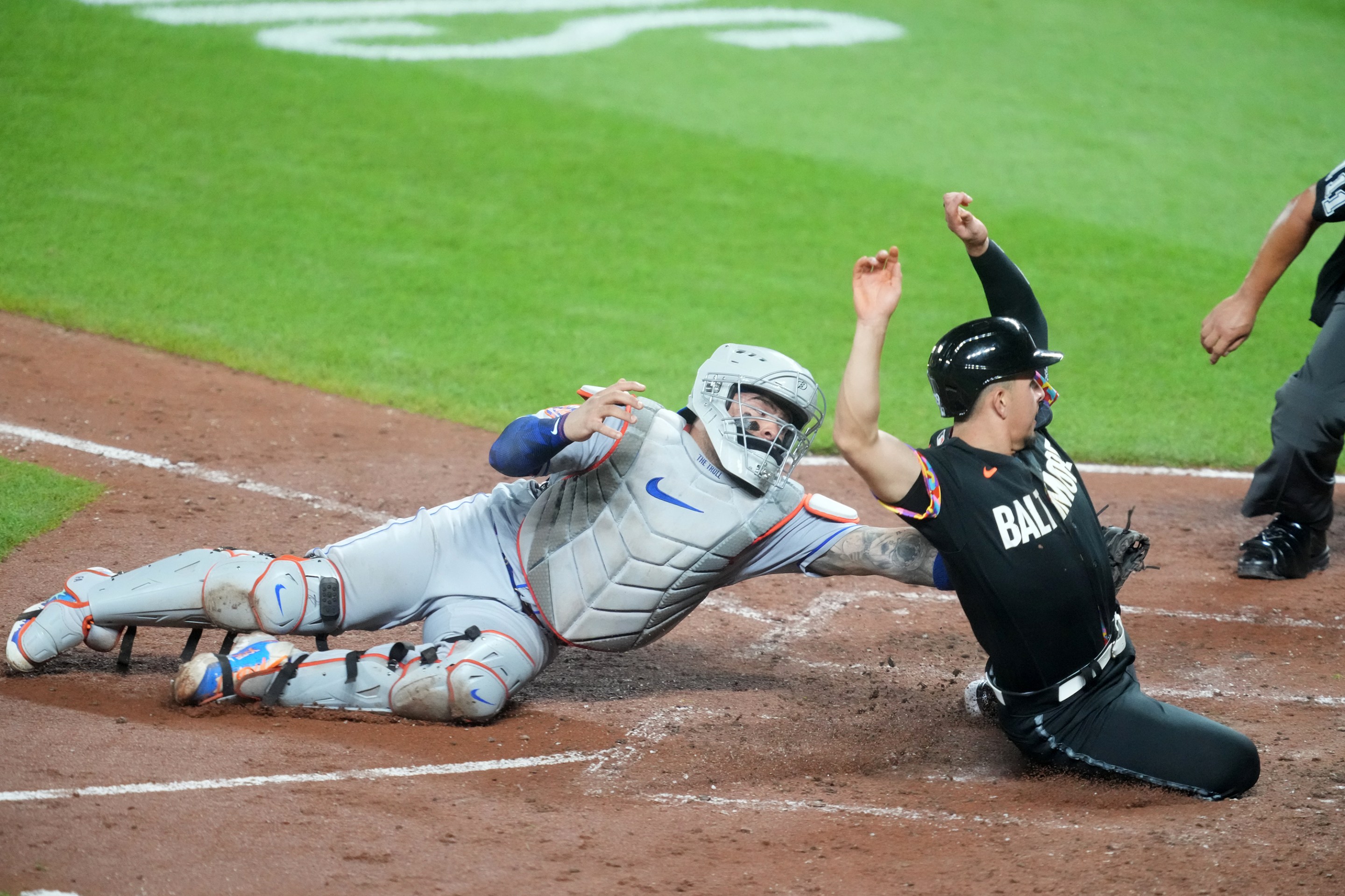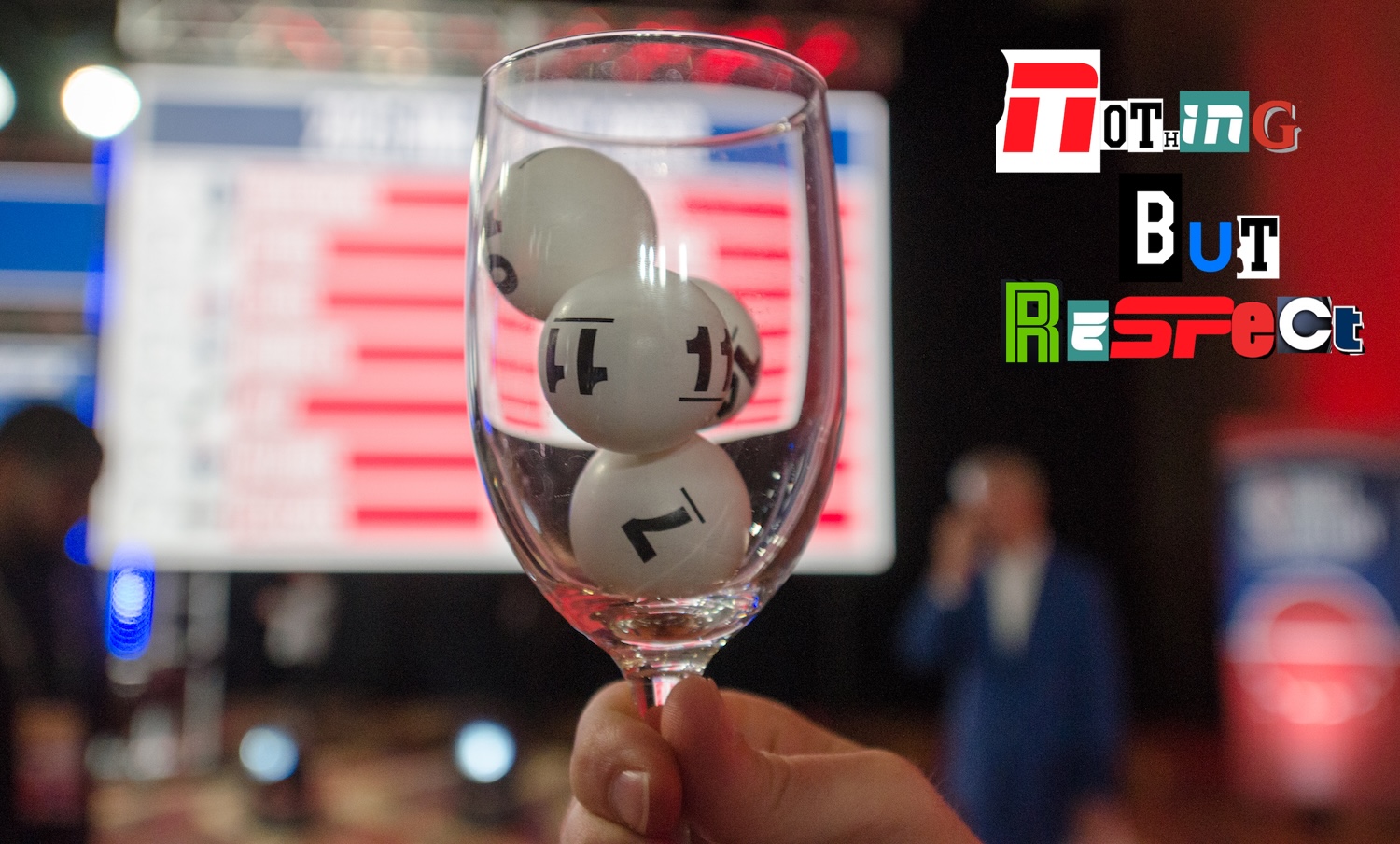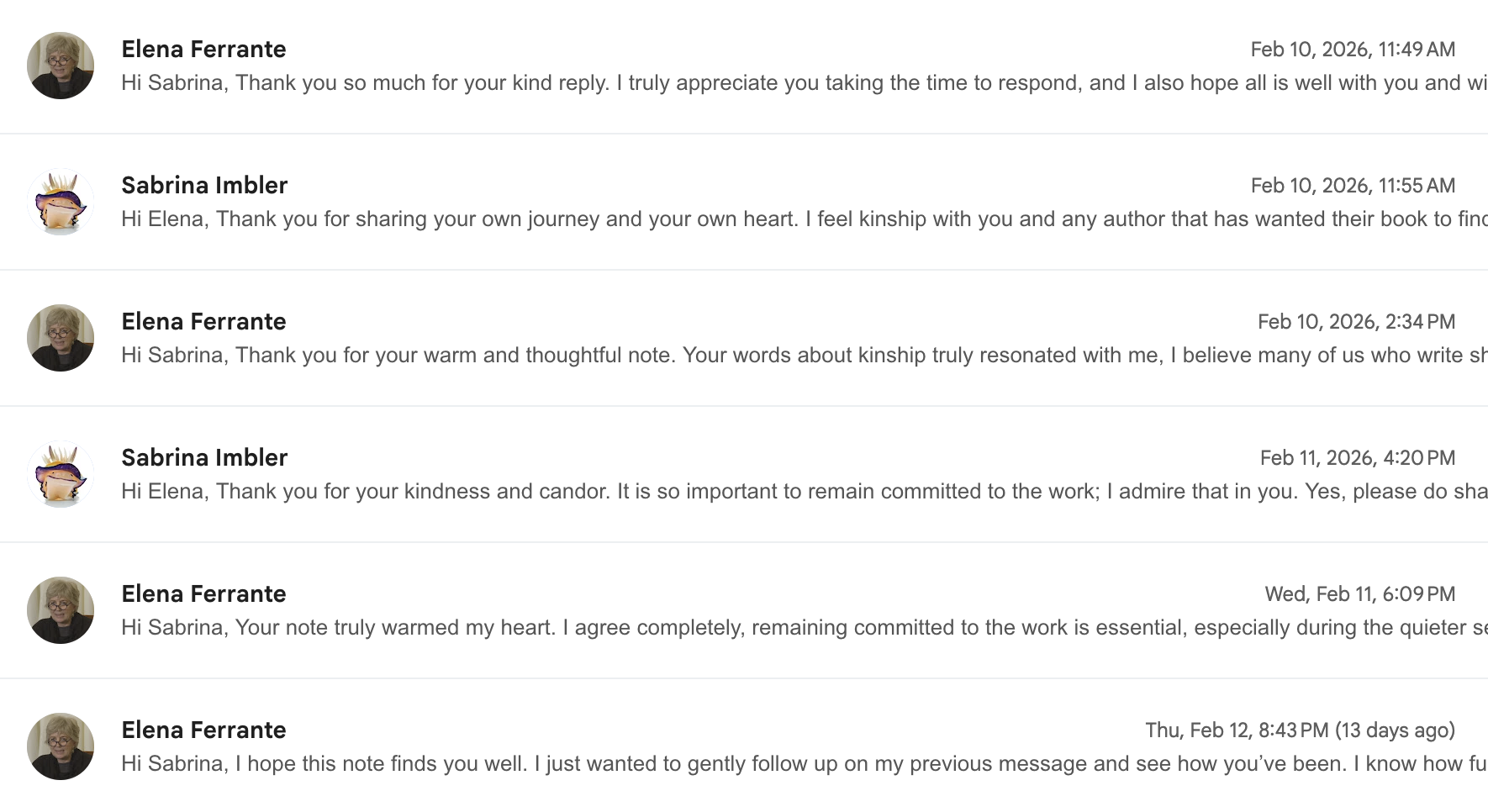"It's very interesting how things ended up," James McCann told Newsday's Tim Healey on Friday night. This is generally not a thing that you ever want to hear a ballplayer say, but given that McCann had just had a historically great night against the diminished, post-deadline version of a New York Mets team that had sold him off to the Baltimore Orioles before the season, the man had a right to air his grievances. And given that, after dropping the last of their three-game series in Baltimore 2-0 on Sunday afternoon, the Mets have lost the six games they've played since the deadline by a combined score of 39-14, this was about as good a conversation topic as any. When a team has just been stunted on by the veteran catcher it signed to an instant boondoggle of a deal three years earlier, you have to let the guy talk.
McCann told Healey that he didn't believe he'd really been given a fair shot in New York, that between injuries and inconsistent playing time, he'd never really had the opportunity to bring his (extremely, like definitionally poor) offensive production into line with what his (somewhat better) batted-ball metrics suggested it should have been. "No one ever really talked about what I brought from a game-management standpoint," McCann also said. "The numbers are there, if you look at what my catcher's ERA was last year, framing, what the pitching staff did the two years that I was there. Take that for what you want." He went on—there is "no number, no algorithm" to measure everything a catcher like him brings, and "that's fine, that's the nature of the beast" but also "I definitely don't think I was ever given the credit there from that standpoint, what our pitching staff accomplished in two years when I was there."
Given what the Mets' rump pitching staff had accomplished over the previous nine innings, which was allowing McCann to become only the 18th catcher in more than a century to drive in five runs and steal a base in one game in a 10-3 Orioles victory, there was nothing to do but listen and nod along. Oh, was the previous player to accomplish this feat, Travis d'Arnaud, also a former Met? And did he also do it against the Mets? Well it's very interesting how things ended up!
For even the most pessimistic Mets fan, ending up on the wrong side of The James McCann Game did not seem to be on this season's menu of possible indignities. But a season as bad as the one that the Mets are having is an occasion to consider new and terrible possibilities; for the next few months, at least, that is just about all it will be. I feel fairly certain in saying that the steady, diet soda-ass presence of literally James McCann wasn't the decisive factor that kept last year's 101-win Mets from collapsing into what the Mets were this year even before they de-layered a quarter of their active roster around the trade deadline, which is a bad baseball team. It may be that Jeff McNeil is every bit a batting champion when there is one particular rectangular catcher in the locker room and just a more intense version of Aaron Miles without him. There is no reason to believe that, really, but two-thirds of a baseball season has elapsed without anything disproving it. Whatever was wrong with the Mets during the portion of that season in which they were trying and mostly failing to win—startling but increasingly less surprising fundamental lapses, a lack of depth that belied their historically massive payroll, the longstanding inability to fix the things that go wrong over the course of a long season—is now in the past.
Or, anyway, that portion of the season is. The Mets are 50-61, and 39 of the 51 games they have remaining are against teams with winning records. A roster that, before the season, was by most projections good enough that it would have to be decently unlucky to win just 90 games looks very different now. The outlook does, too; the Mets now look like they'll be lucky to lose only 90. The pitching staff projected to be the strength of a World Series contender is now without its superstar closer (he got hurt in the WBC) and his steady veteran replacement (he's on the Marlins now), as well as the pair of future Hall of Famers that the team had signed to anchor the rotation; two of its more productive hitters were spun off at the deadline as well, as was a 31-year-old reliever that the team added as a free agent when attrition first started nibbling at the bullpen in (uh) early May.
It's too early to say for sure what the decision to sell will do for the team in the future, although the consensus is that the deals brought in enough well-regarded young talent—a few fairly near the majors, most so young as to be purely theoretical collections of attributes and tools at this point—to turn what had been one of the very worst farm systems in baseball into something more like an above-average one. There is still the not insignificant matter of creating a developmental and operations apparatus that is capable of helping these players get better, which very much does not exist at the moment. But there is now top-tier minor league talent in places that had very little of it two weeks ago. All that, for the low price of "the wholesale collapse of what were near-universally seen as reasonable-enough World Series aspirations."
The cornerstones of that vanished contender's lineup remain, not so much in the vast and trunkless legs of stone sense as in the diminished bizarro versions of themselves that have been on the field all year. Some of these players have hit something like their 20th percentile outcomes—McNeil has lost something like 175 points of OPS relative to his output last year; Starling Marte has missed his 2022 mark by around 190—and others have merely been vexingly less-effective versions of their effective selves. It is strange to accept that the next good Mets team—according to a statement Steve Cohen sent season ticket holders earlier this weekend, that "competitive" and "formidable team will take the field next season—will of necessity have the same core as this year's not-good one. But fixed. And good again, so different. But the same.
The move to re-stock the farm system was self-evidently the right one—anyone who watched the Mets this season knew that they were not going to get it together this year, although reasonable parties can disagree on precisely why—and was done intelligently, decisively, and with the necessary dispatch. It's a reversal that somehow still fits with Cohen's plan, to the extent that he has sketched it out. The organization he bought was something like 75 percent termite saliva; rebuilding it without evacuating the premises was always going to be dicey and expensive. The idea, as it was pitched to fans, was that the team would spend real money on big league talent while creating a baseball operations side that would provide a pipeline of young, cost-effective talent to compliment all the established stars who were brought aboard at market price. This is also true for every team that acts like it has an idea, to be fair. But, from the start, the Mets spent in a way that suggested their owner was at least serious about the first part.
The broader gambit hasn't been abandoned so much as it has been simultaneously sped up and put on hold; the money spent on those established stars was, in these deals, repurposed to bring in a bunch of young talent from outside the organization. It was a lot of money; now it is a lot of talent, all of it wholly potential. The team was expensive and bad both ways, but the current version feels somehow both objectively further along and further adrift. If the old strategy always seemed a little too simple—"we will simply spend money until we become the Los Angeles Dodgers" is the sort of blithely smug delusion that a Silicon Valley airhead would humor much more readily than a hedge fund sociopath—the new one is equally ambitious.
If Cohen is to be believed and the organization once again approaches the offseason like a team trying to win games, the Mets will simply resume the old program—spending on the big league club while waiting for talent to arrive from the minors—having spent a bunch of money to turn the minor league portion of it ahead by a few years. There is no way that could work well enough to retrospectively make the 2023 season anything but a disaster. Some things just are what they are. But as the Mets make their way into the basement for the next few months, the question of what the team might be, and when, will start to feel more real than the games themselves. Weeks will pass in a salty fug of 5-1 and 7-2 losses; relievers will churn through the bullpen; they might call up this guy at some point and I'll probably be excited about it somehow. It is going to get unreal, and for a few months at least it is all going to stay unreal.
When a season is bad enough, this can feel like a mercy. The Mets are moving on in the assumption that every vital combustible thing that was guttering from the jump, almost all of which has been cold to to the touch for a month, can somehow be rekindled when the time is right. Again, there is no reason to believe this or disbelieve it; a season that never quite seemed to get started has, by now, slipped totally into abstraction. Of all the imaginative tricks that Mets fans will attempt over the rest of this season, this is easily the most challenging: last year's good team is still visible in this bad one, but no longer really recognizable. It's very interesting, how things have ended up. The secret, I think, is not to get too hung up on the idea of an ending.






